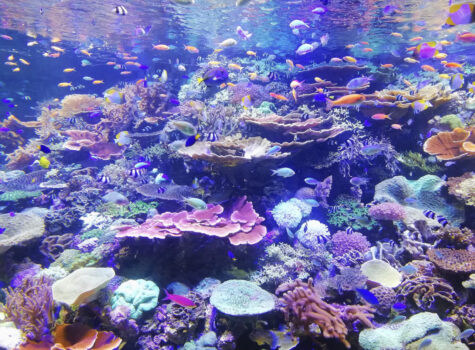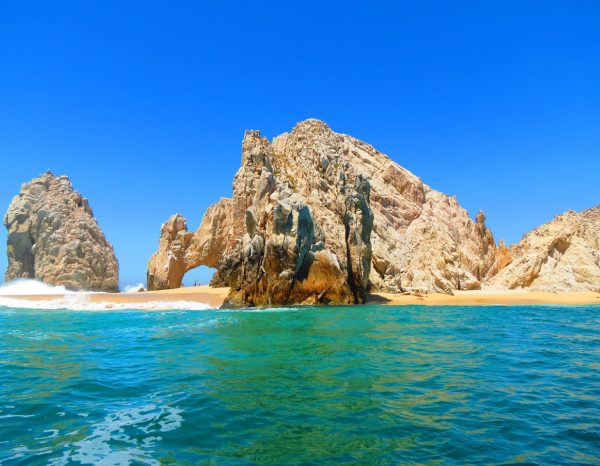5 Ways to Support World Reef Awareness Day
May 17, 2023

(Roy Zeigerman/Unsplash/CC BY – SA 2.0)
Every year on June 1st, the world celebrates World Reef Awareness Day. Supporting and recognizing this day allows communities across the globe to help the coral reefs and protect their beauty and biodiversity.
Coral reefs are one of the most biodiverse plants on this planet. They Protect coastlines from storms and erosion, provide essential habitats and breeding grounds, and are sources for food and medicine, and over 25% of the ocean’s fish depend on healthy coral reefs.
However, the coral reef ecosystems are being threatened daily. Human-caused threats like pollution, climate change, sedimentation, sewage, pathogens, microplastics, and overfishing are all leading causes of the coral reef’s decline.
How can you help?
- Recycle and dispose of the trash properly. The next time you’re throwing away trash, make sure it ends up in bins so it will not be blown away especially in waterways like oceans, or any body of water. When recycling, make sure that only objects like plastic, paper, cardboard, aluminum cans, and glass go in the recycling bins.
- Save energy at home or work. Things such as turning off the lights can help reduce acidification in coral reefs. Ocean acidification can affect the rate at which coral reefs generate calcium carbonate, a key building block in the sea waters that are responsible for laying the foundation of coral reefs.
- Support sustainable fishing. When overfishing causes the fish populations to decline, algae can grow out of control, which leads to the death of coral reefs. However, buying the US or wild-caught fish are certain ways of sustainable fishing.
- Buying sunscreen that is ‘Reef-friendly’ or ‘Reef-safe’. Sunscreens that use non-nano zinc oxide as their active ingredients do not play a part in coral bleaching.
- Volunteer! If you live near a coast or someone you know does; motivate them to volunteer. You can do beach or reef cleanups!
Donate to a reef restoration project. A little money can go a long way when given to organizations like the Coral Reef Restoration Foundation or the Coral Reef Alliance.





